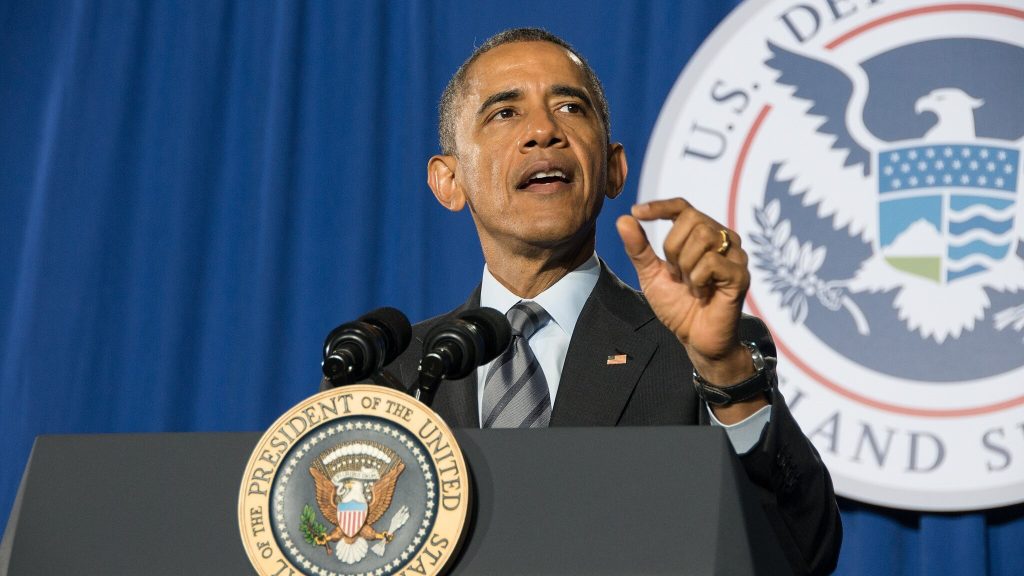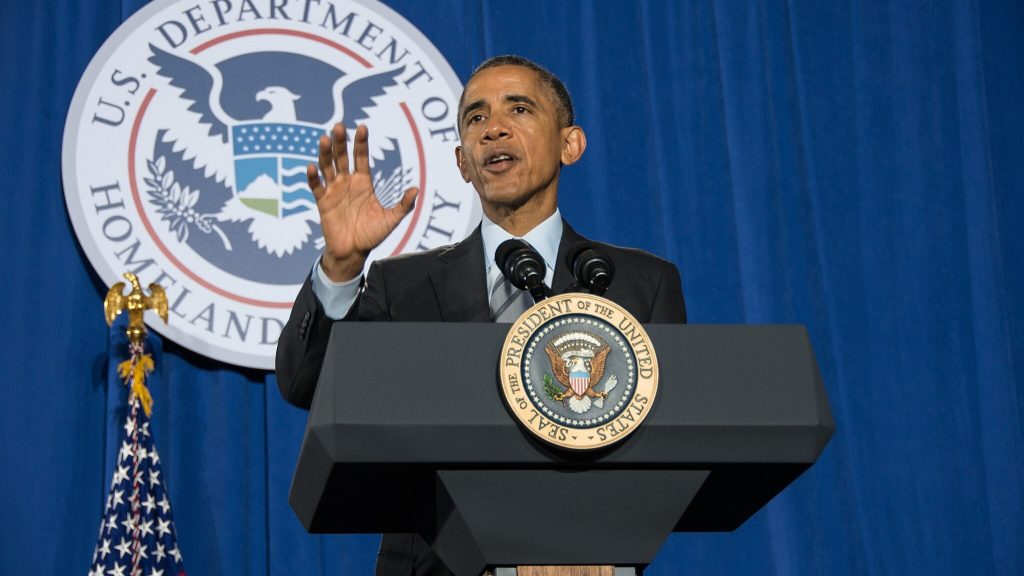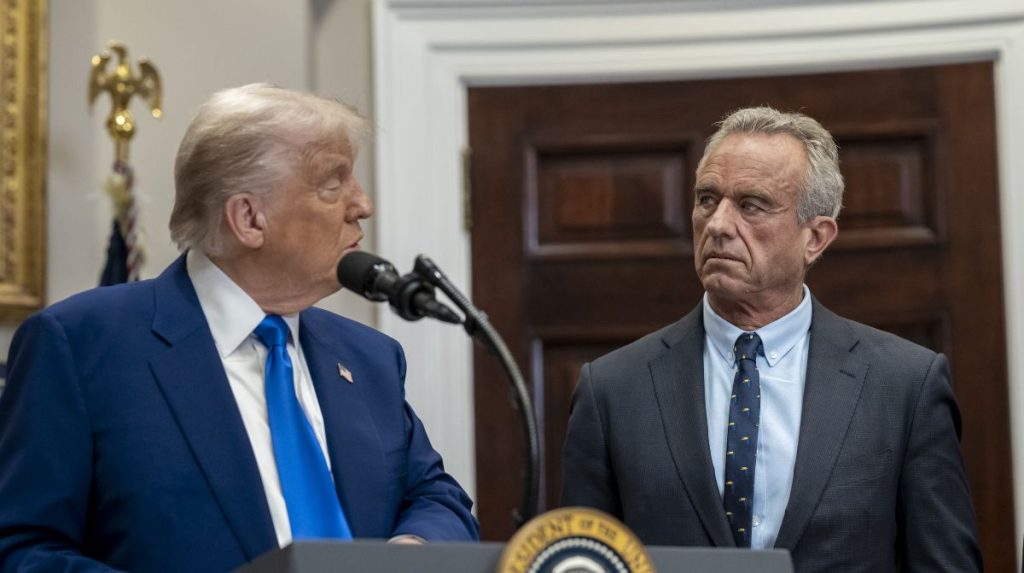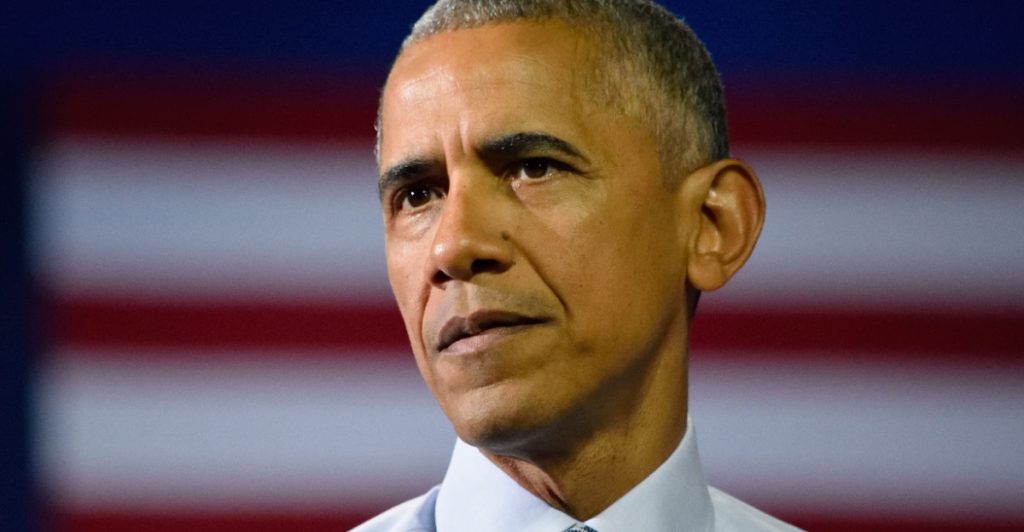Barack Obama slams Donald Trump’s autism comments as “violence against the truth”
Others are reading now
Former President Barack Obama has delivered a rare and pointed rebuke of Donald Trump’s latest controversial health claim.
Obama Breaks Silence Over Trump’s Autism Claim

Barack Obama didn’t mince words when addressing Donald Trump’s recent assertion that the rise in autism diagnoses in the U.S. can be linked to acetaminophen use during pregnancy.
Calling it a “violence against the truth,” Obama warned that such statements have real-world consequences and risk damaging public health efforts.
Trump Points Finger at Tylenol

Speaking at a press conference following a rally in Arizona, Trump announced what he described as a breakthrough: a supposed link between acetaminophen—most commonly known by the brand name Tylenol—and autism.
“Effective immediately,” he declared, as cited Newsner, “the FDA will be notifying physicians that the use of acetaminophen during pregnancy can be associated with a very increased risk of autism.”
Also read
Backed by RFK Jr.

Standing beside him was U.S. Health Secretary Robert F. Kennedy Jr., who has long been a prominent voice in vaccine skepticism and now, apparently, pain reliever caution as well.
Medical Community Reacts

There is currently no scientifically proven link between acetaminophen use during pregnancy and autism spectrum disorders.
Trump’s statement has sparked immediate backlash from medical professionals, researchers, and public health officials, who stress that spreading unverified claims can cause widespread confusion and unnecessary fear among expectant mothers.
The National Institutes of Health (NIH), Centers for Disease Control and Prevention (CDC), and American College of Obstetricians and Gynecologists have not recognized any causal relationship between acetaminophen and autism.
“This Undermines Public Health”

Speaking from the O2 Arena in London during a public interview, Obama directly addressed Trump’s remarks, accusing his successor of disregarding science in favor of sensationalism.
Also read
“We have the spectacle of my successor in the Oval Office making broad claims around certain drugs and autism that have been continuously disproved,” Obama said. “It undermines public health … that can do harm to women.”
“This is a violence against the truth,” he added.
“Common Sense” Over Science?

Equally concerning to many was Trump’s rationale behind the sweeping change in federal health messaging.
During the press conference, he stated his decisions were guided by “common sense” and “what I feel,” rather than scientific consensus.
To critics, this signals a deeper problem: a willingness to override evidence-based policymaking with instinct and ideology—particularly dangerous when applied to issues as sensitive and consequential as maternal health and child development.
Also read
A Pattern of Health Misinformation

Trump’s comments are not without precedent.
Throughout his political career, he has drawn scrutiny for pushing unproven medical claims, from hydroxychloroquine during the COVID-19 pandemic to vague implications about vaccine dangers.
Public Health at a Crossroads

For Obama and others alarmed by the rhetoric, the concern extends beyond this single issue.
It’s about the integrity of public health communication at a time when misinformation is already eroding trust.
As one senior CDC official anonymously told Reuters, “When leaders speak, people listen. That makes it all the more important that what they say is true.”


